Monsignor Joseph Buh passed away more than a century ago in 1922. Yet his memory has not faded among the faithful in northern Minnesota. To this day many in the area consider him a saint, and he is ubiquitously acknowledged as the “patriarch of Duluth.”
Despite this Buh — pronounced “Boo” — has never been officially declared a saint by the Catholic Church. Now, that might finally be about to change.
Last October Duluth Bishop Daniel Felton met with the priests of the diocese to discuss officially launching Buh’s cause for canonization to sainthood.
He appointed Father Richard Kunst, pastor of St. James Parish in Duluth, to lead the initiative and asked the diocese’s priests to spend the next year conversing with their flocks to gauge the level of devotion among the faithful.
According to Kunst, enthusiasm for Buh’s canonization at his parish has been high, and based on conversations with other priests, it seems likely the diocese will move forward with the canonization process.
“We’re just waiting to see … Are people praying to him for intercession? If the people are doing that, that’s a generally pretty good indicator whether a cause of canonization should proceed or not,” Kunst told CNA.
If declared a saint, Buh would join a small list of American saints, making him a significant figure not only to the people of Duluth but also to Catholics across the country.
Who is Monsignor Buh?
Born in Slovenia in 1833, Buh was a priest and missionary to Minnesota in its earliest days as a state.
Ordained a priest in 1858 — the same year Minnesota was made a state — Buh was integral to the development of the Church in the region. While ministering to poor immigrants and to the Native American populations, he helped to establish over 50 parishes within the Diocese of Duluth.
Buh was greatly loved because of his devotion to serving the Church and the spiritual and material needs of the faithful.
According to an autobiography on Buh written by some local Benedictine sisters, the second bishop of Duluth, Timothy McNicholas, told Buh in a letter that “this diocese with its priests and sisters and people can never express to you an adequate appreciation of all that you have done for religion. The whole Church of America is indebted to you.”
During Buh’s funeral Mass, McNicholas said that Buh’s “love for souls was beyond our power to measure.”
“The casual observer would not even direct his attention to the extraordinary zeal of this gentle apostle,” the bishop said. “It is only when one realizes the great harvest that he has reaped that one is forced to take into account the many and deep furrows that he plowed in the harvest fields of Christ.”
“His zeal for souls was ever a burning fire,” McNicholas continued. “No journey on foot, no distance by horseback was too long or too trying provided a soul was to be helped at the journey’s end. He would set out with a trust in God realizing that God’s love of souls was infinite and that he was but the dispenser of the riches of God’s sacramental graces. He was ever willing to make every sacrifice in the performance of duty for the salvation of souls.”
What’s the latest?
On July 25 Buh’s remains were exhumed from his burial site at Calvary Cemetery so that they could be examined and then reinterred at Duluth’s Cathedral of Our Lady of the Rosary.
In an interview with CNA, Kunst explained that “as the patriarch of the diocese we thought it was fitting to have him in the cathedral.” He also said the cathedral would be a more suitable place for the many visitors to Buh’s gravesite who have left a “continuous” supply of fresh flowers.
Kunst said he expects the diocese to decide in October whether to recommend Buh’s cause for canonization be opened.


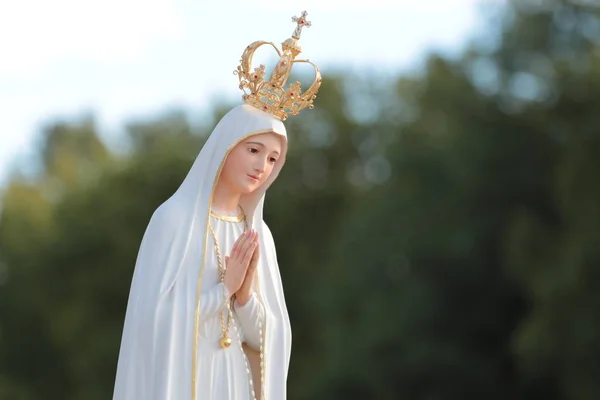
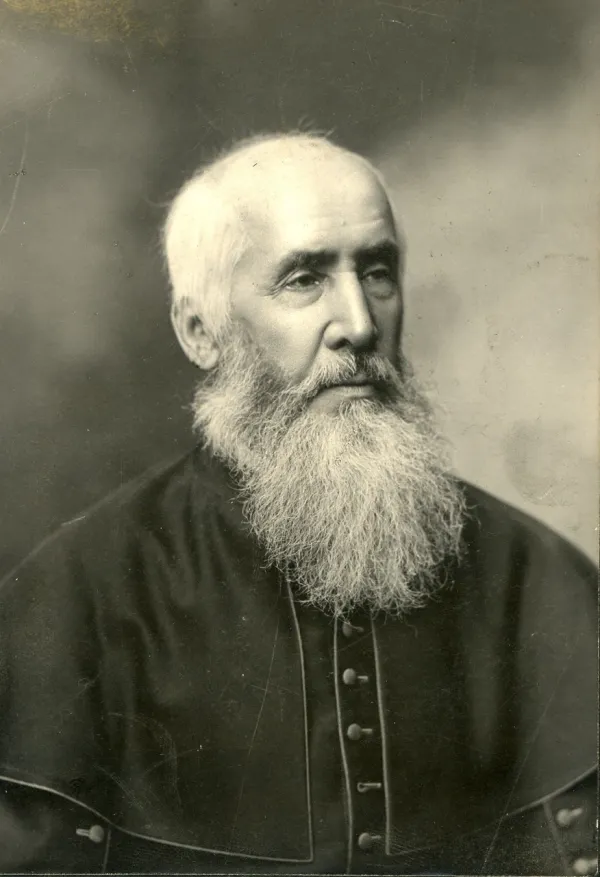
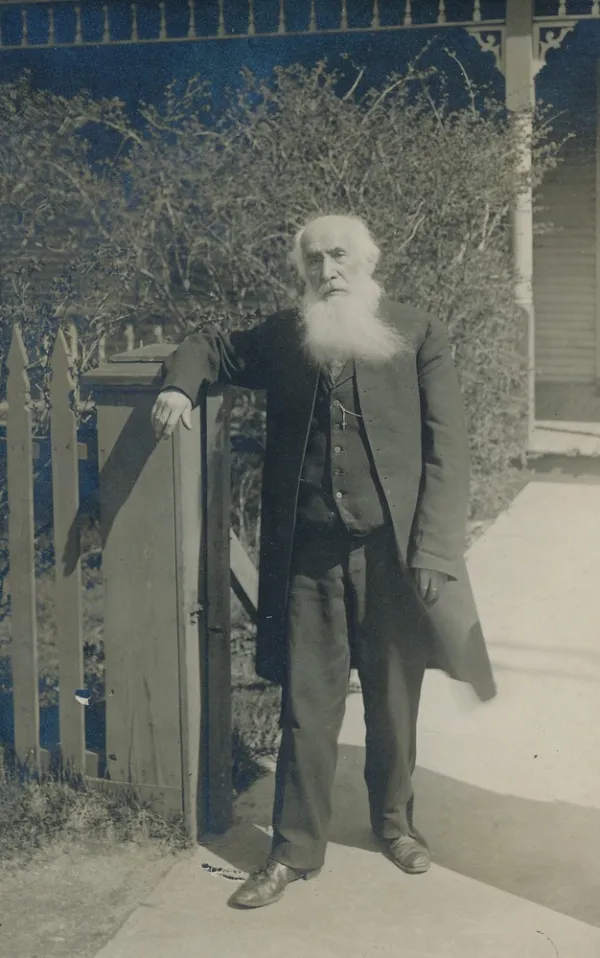
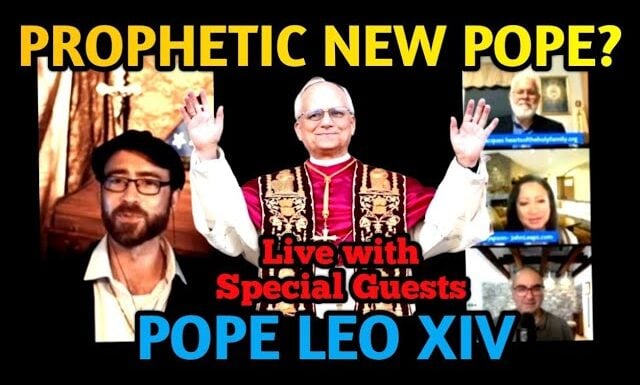
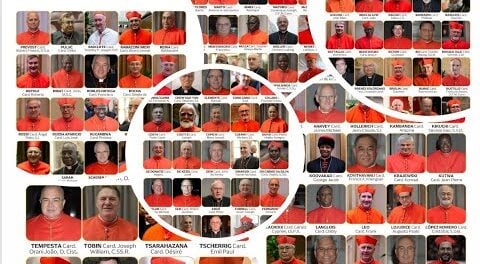
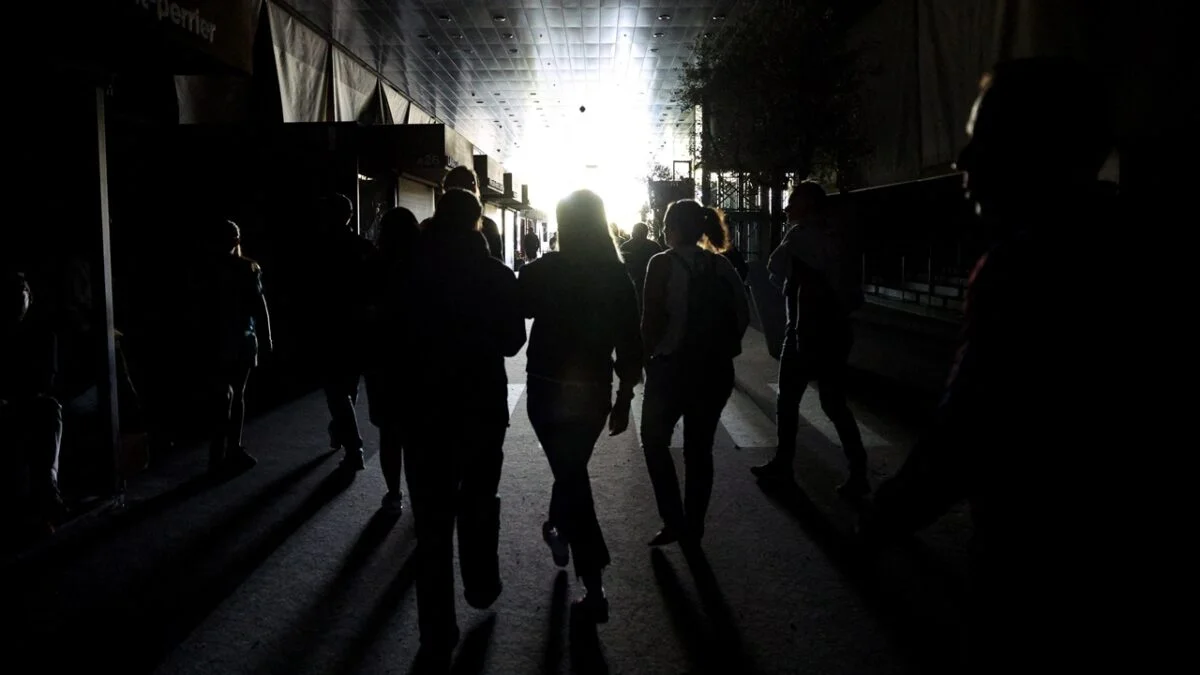
Leave a Reply